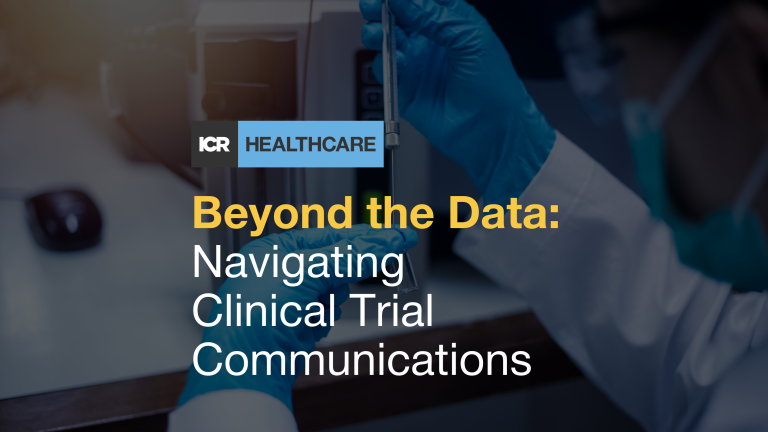Medical meetings allow analysts and investors to explore an array of public and private healthcare companies in one place and gain deeper insight into the industry’s competitive dynamics as they meet with management teams and learn about new products and strategies.
These and other industry events play an important role in enhancing Wall Street professionals’ understanding of the quickly changing healthcare landscape – helping them reinforce and update their investment ideas, conduct due diligence, evaluate new prospects, and spot emerging competitive threats.
While participating in these industry meetings is vital for healthcare companies, the time and energy spent scouting new investors and analysts in attendance can divert leadership’s attention from their primary aims – maximizing the event for the benefit of their company’s objectives.
Like any aspect of your business, your approach to industry gatherings requires a thoughtful strategy that enables you to make the most of your time while tending to the investment community. Here are several suggestions to help you develop and manage an effective meeting plan.
Leverage Your Bench Strength
Your primary goal as a senior leader is to stay focused on your company’s objectives for the events you attend. Consider looking beyond your CEO and CFO to other leaders – perhaps a division president, chief technology officer, strategy exec, or product portfolio manager – who can represent your company and help analysts and investors understand specific aspects of your business. Plus, investors want to hear from your business unit leaders, sales directors, and other key non-senior employees because they care about your corporate bench strength.
Not only will you allocate management’s time more efficiently, you’ll also demonstrate your team’s breadth and depth, introducing more of your strongest players to the investment community.
Prep Your Team
When you tap team members to represent your company, make sure they know there’s an obligation to understand and adhere to the information your company has disclosed publicly when interacting with members of the investment community.
Product managers and regional heads are a treasure trove of information that management teams don’t want shared publicly. Your team needs to be prepared. Rehearse your investor presentation and equip them with answers that are on-script with your public messaging.
Provide all employees who will attend these events with instructions on how to handle off-the-cuff conversations with people in the investment community, and prepare them to funnel any interested investors or analysts to the appropriate executives. Your team members should find out who they’re speaking to, what their affiliation is, and request a business card at the beginning of every conversation.
If you’re worried about company representatives who are experts in their respective area of focus but lack the requisite experience interacting with the investment community, have an “approved” employee – executive or otherwise – oversee these interactions. But if you’re truly unsure whether someone is “ready,” then they shouldn’t be allowed to speak with investors.
Host Group Chats
Use management’s time effectively by arranging for executives to meet with small groups of analysts and investors rather than scheduling a long series of one-on-one meetings. You might invite key members of the investment community to a product demonstration or to meet with management over breakfast or lunch.
Offer updates on the progress of new products or technology and other important developments. Summarize your company’s story, financials, products, market opportunity, strategy, growth outlook, and goals, and make sure investors and analysts have a chance to ask questions and otherwise engage with management.
If a question catches you off guard, it’s fine to tell an investor or analyst you’ll follow up later. Remember, you don’t have to provide any information that you’re unwilling to make public. Stick to your company’s public narrative.
Have your IR team reach out to investors and analysts in advance to schedule meetings so your management team can use its meeting time effectively.
Gather New Intelligence
Use meetings and events as an opportunity to conduct your own research into industry developments. While networking with members of the investment community, ask about their focus areas and what they’re learning at these meetings.
This can also be a prime occasion to find out about new competitors or learn about a rival company’s product pipeline.
Track All Interactions
Designate someone from your company or IR team to keep track of all your team’s investor and analyst interactions, and follow up after the event with any requested information or additional conversations or meetings.
It may also be a good idea to follow up with investment community contacts who didn’t make such requests, asking if they need more information or have further questions for management.
Westwicke has extensive experience preparing clients for medical meetings and industry events. If you’re planning for an upcoming meeting or event, get in touch for help with investor introductions, scheduling, and other groundwork to help you enjoy a successful event.



